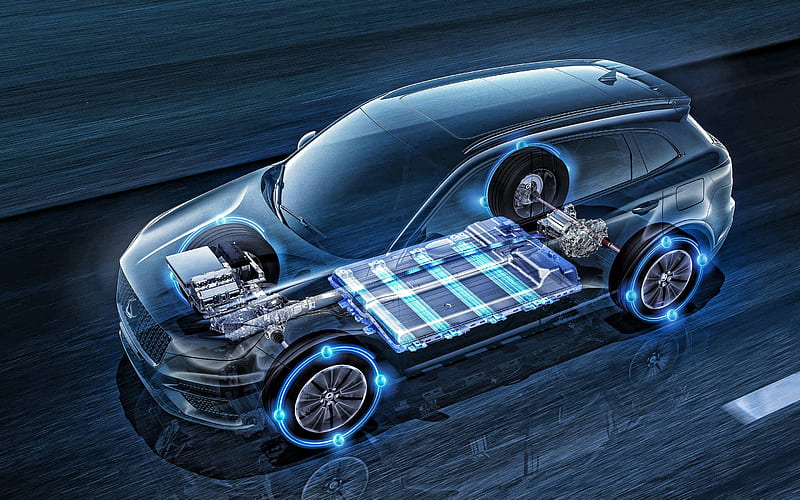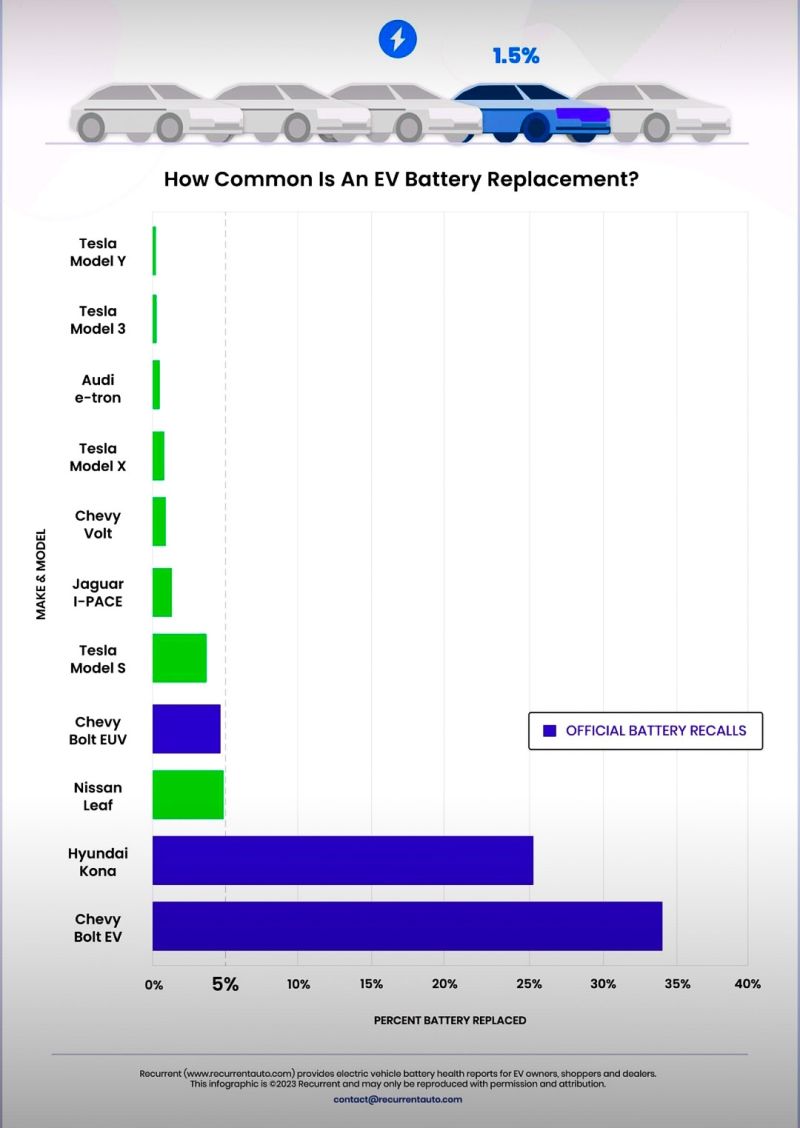How Long Do EV Batteries Last? Debunking the Myths and Exploring the Future

Electric vehicles (EVs) have been gaining popularity in recent years due to their environmental friendliness and lower operating costs compared to internal combustion engine (ICE) vehicles. However, some potential EV buyers may be concerned about the longevity of EV batteries and the cost of replacing them.
Let’s explore the factors that determine EV battery life, the current state of battery technology, and what the future holds for EV batteries.
Factors that affect EV battery life
EV batteries are made up of thousands of individual cells that work together to store and deliver energy. Like all batteries, the cells in an EV battery degrade over time, which affects the overall performance of the battery. Several factors can affect the lifespan of an EV battery, including:
- Temperature: High temperatures can accelerate battery degradation, while low temperatures can reduce the battery’s range.
- Charging habits: Frequent fast charging and deep discharging can cause the battery to degrade more quickly.
- Age: EV batteries will naturally degrade over time, even if they are not used.
- Vehicle usage: Heavy usage, such as towing, can put additional strain on the battery and reduce its lifespan.
Current state of EV battery technology
As EV technology has advanced, so too has battery technology.
Today, the electric vehicles are designed to retain most of their initial range even after years of use, ensuring that drivers can continue to enjoy optimal performance and efficiency throughout the life of their EV. Newer EV models such as the Audi e-tron, Jaguar I-Pace, and Tesla Model 3/Y have had very low percentages of battery replacements, in line with the rates of engine or transmission replacements in ICE vehicles.
Moreover, manufacturers are investing heavily in research and development to improve battery performance and durability. The latest battery technology has improved energy density, which means that EVs can travel further on a single charge, and they also charge faster. With advances in battery technology, the lifespan of EV batteries has also been increasing. For example, the Toyota BZ4X will come with with a 10-year/1,000,000 km battery warranty, indicating the automaker’s confidence in the longevity of its batteries.
Moreover, many EV manufacturers offer battery health monitoring and management systems that help prolong the life of the battery. These systems can provide information on the battery’s state of charge, temperature, and usage patterns. By using this information, the system can optimize the charging process to minimize stress on the battery and prolong its life.

Future of EV batteries
As battery technology continues to improve, EV batteries are expected to last even longer in the future.
Some researchers are working on developing solid-state batteries, which have the potential to offer even greater energy density and longer lifespans than current lithium-ion batteries. Additionally, advancements in battery management systems will help to prolong the life of the battery by optimizing charging and discharging.
In addition, the cost of EV batteries has been declining rapidly in recent years. According to BloombergNEF, the average cost of a lithium-ion battery pack fell by 87% between 2010 and 2019, and the trend is expected to continue. As battery costs decrease, the cost of replacing an EV battery will become more affordable.
Overall, with advances in battery technology and management systems, EV batteries are becoming more durable and long-lasting. Furthermore, the cost of battery replacements is expected to decline, making the prospect of owning a used EV less daunting. So, if you’re considering buying an EV, rest assured that the battery should be the least of your concerns.
#electricvehicle #technology #evbattery #emobility #innovation #sustainabilty


